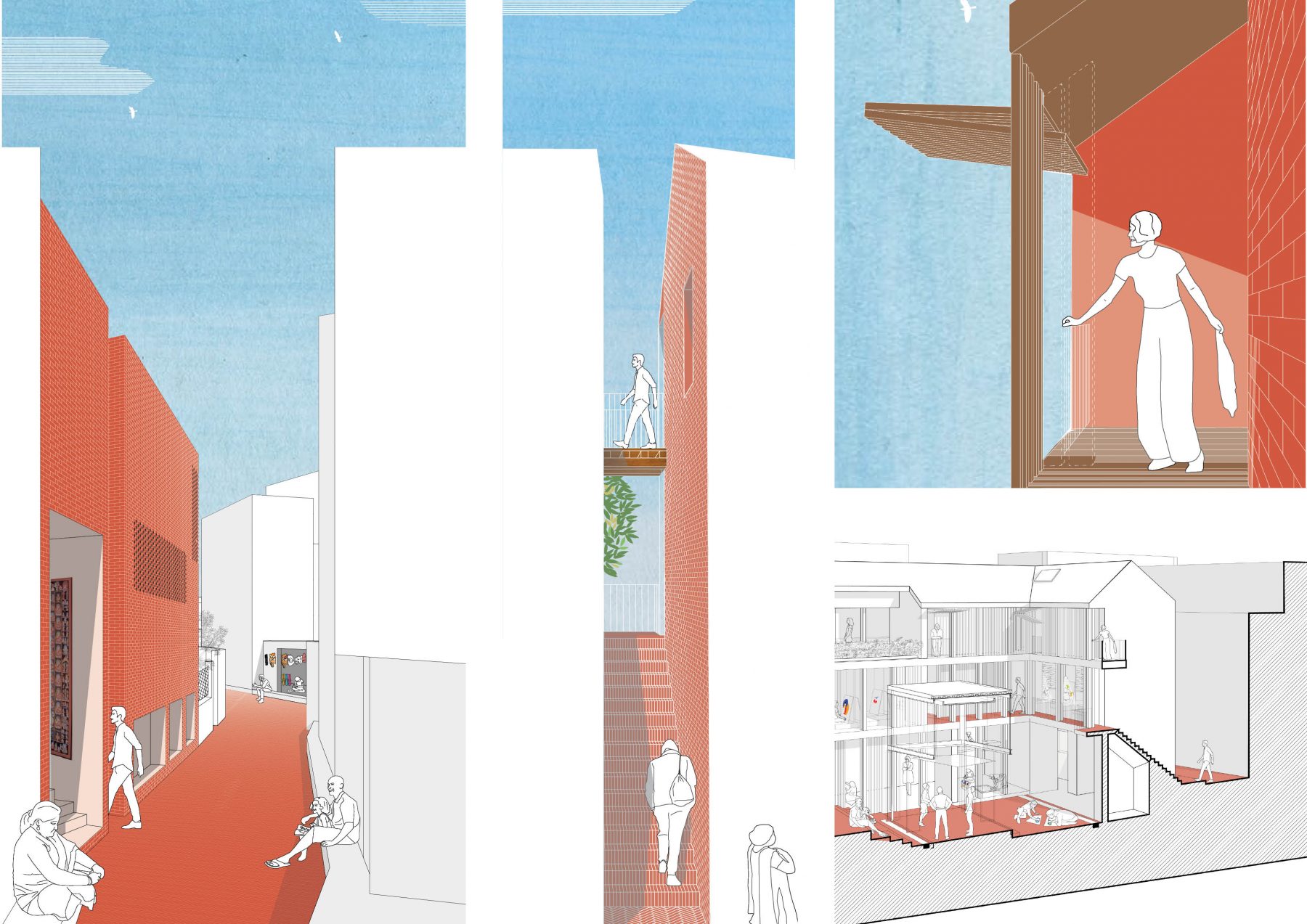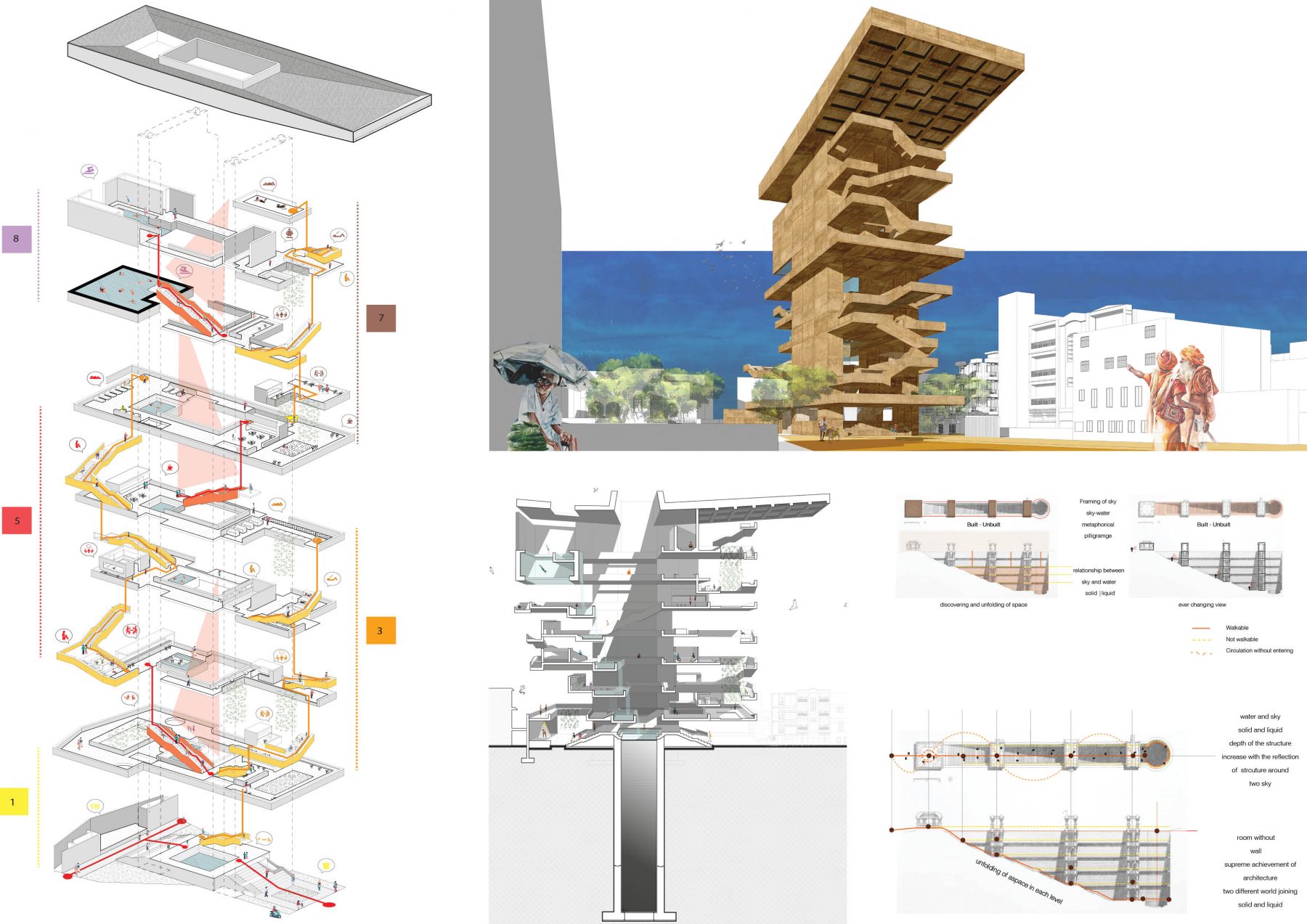English
WS-2017
Our cities, nay: our lives are dominated by Utilitarianism. Duty, function and reason rule our world. They shape the face of our cities and our lives. Yet, we all have something we long for, something we truly desire. Something that goes beyond the essential, the mere necessity, beyond the concept of material luxury or creature comforts.
In the studio, we will talk about immaterial, abstract notions. Can we verbalize and visualize essential (or personal) desires and can these be translated into the architectural realm? Until very recently, the architectural translation of the immaterial was amongst the standard repertoire of architects: ecclesiastic architecture gave materiality to the ephemeral.
The follies of 18th century english landscape gardens were architectural manifestations of a devoutly wished for linearity of succession of their owners with the very roots of democracy, of honor, nobility of character and learning. Our materialistic age has all but abandoned the notion of architectural production that goes beyond the merely functional, that ventures into the realm of social and personal idealization.
We will defy this pessimism and propose architectures and architectural programs which will add the spectre of a brighter, better world into our cities, treat the urban fabric as a three-dimensional and heavily populated landscape garden waiting to be dotted with the follies we insert to give a glimpse of – if not the ideal – then at the very least the personal and intimate in the anonymous cityscape. We will research historic precedents of the chosen topic both on a typological and phenomenological level and formulate an individual program. The scale and scope of the projects can vary a good deal and will largely depend on the research results. However, the focus of the studio will definitely be on spatial quality over size.
Selected students: Singh Rajani, Singh Rumi


